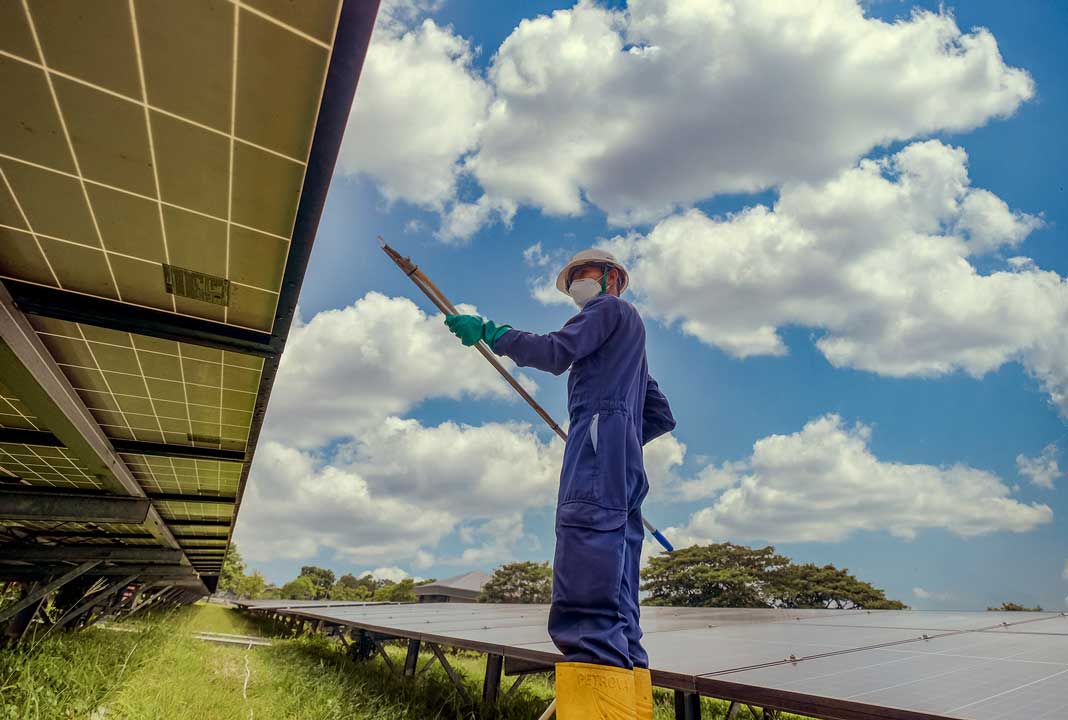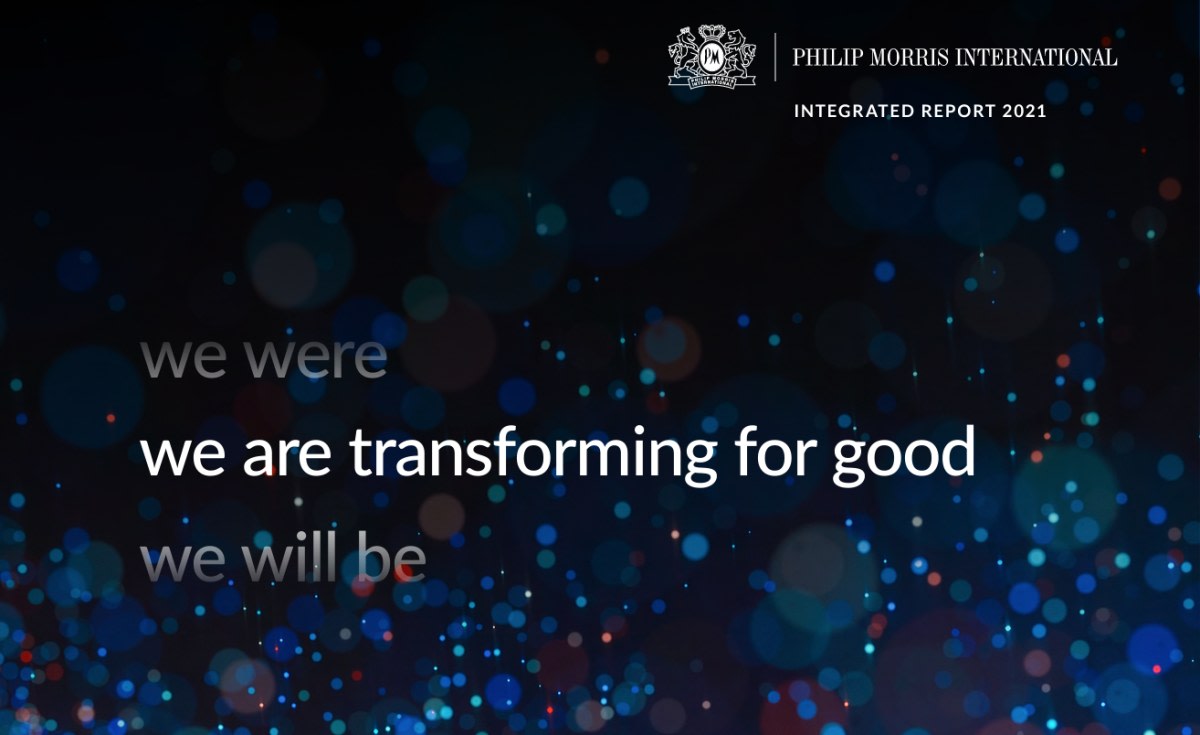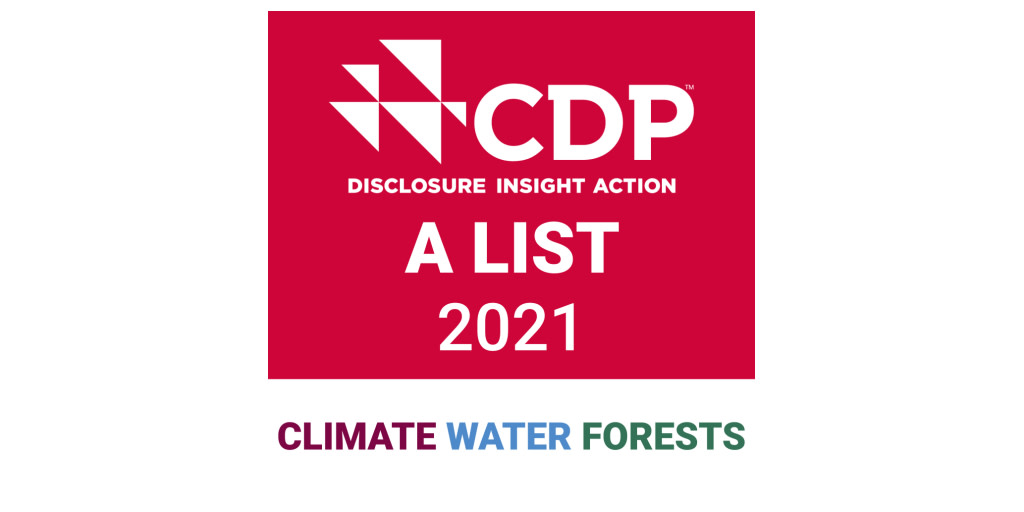Philip Morris International has accelerated its transition to carbon neutrality
Philip Morris International Inc

Publishes its Low-Carbon Transition Plan, which includes updated targets and a detailed strategy for decarbonizing its direct operations by 2025 and achieving net-zero emissions across its entire value chain by 2040.
As the need to adapt and act to address the climate change crisis grows, Philip Morris International Inc. (PMI) (NYSE: PM) today released its Low Carbon Transition Plan (LCTP), which provides a transparent and detailed view of how we intend to achieve our climate ambitions, measure success, and report on progress.
The plan advances PMI's ambitions to achieve carbon neutrality in its direct operations (scopes 1+2) within five years, by 2025, and across its entire value chain (scopes 1+2+3) within ten years, by 2040. Furthermore, it introduces a new goal for PMI's critical suppliers to adopt science-based targets (SBTs) in line with the SBTs that PMI has already committed to, which are aligned with the 1.5°C pathway required to meet the Paris Agreement's goals.
The significance of this new target is linked to the importance of supplier engagement, which is critical to supporting the achievement of PMI's CO2 reduction targets for scope 3 over time and allowing the company to maintain its leadership role in climate actions. The LCTP connects these lofty goals to the company's overarching goal of ridding the world of cigarettes, while also aiming for a net-positive impact on society.
"We hope to encourage change and foster engagement with investors and other stakeholders by presenting our low-carbon transformation strategy,"
said Jennifer Motles, Chief Sustainability Officer.
"The LCTP demonstrates how our targets are supported by detailed operational measures and a solid business strategy, which are critical to translating ambition into action, achievement, and impact, and, most importantly, the only way to ensure the long-term viability of our business and contribute to broader societal action."
Meeting climate goals to create long-term value
To meet its emissions targets, PMI has taken a three-step approach: 1) reducing consumption and optimizing efficiency to reduce greenhouse gas (GHG) emissions, 2) minimizing the use of fossil fuels and promoting the switch to renewable energy, and 3) compensating unavoidable emissions by prioritizing insetting projects (nature-based solutions) and purchasing high-quality carbon credits.
"Strong action is required to reduce the risks of climate change and to halt environmental destruction. We believe that PMI must play a role in protecting vulnerable ecosystems and communities around the world by reducing our environmental impact across our value chain and by developing and implementing long-term strategies and initiatives,"
said Massimo Andolina, SVP, Operations.
"With increasing momentum, our business and sustainability strategies are advancing hand in hand, and we are investing in innovative programs and taking a multidisciplinary approach to reducing the environmental impact of our products, operations, and value chain."
Investing in natural solutions: Climate Investment Portfolio
Recognizing that some emissions are unavoidable with today's technologies, PMI's carbon pricing strategy announced last year includes the implementation of two complementary internal carbon prices: a shadow price of USD 65 per ton of CO2e and a carbon levy of USD 8 per ton of CO2e.
The carbon levy helps size the investments required today to reduce GHG emissions through offsetting and insetting initiatives, whereas the shadow price aids in the prioritization of business cases for investment in activities aimed at structurally reducing carbon emissions.
PMI has created its Portfolio of Climate Investments (PCI) to guide these initiatives and provide transparency in the activities required to further the company's decarbonization efforts. The PCI's advisory committee is in charge of managing and allocating the budget for climate-investment solutions along three main lines of intervention:
purchasing high-quality carbon credits to support short-term neutrality targets, investing in insetting projects within PMI's value chain to support long-term net-zero ambitions, and investing in innovative technologies that can help permanently remove carbon from the atmosphere.
Climate change has an impact on people's livelihoods as well as the environment. PMI's efforts to combat climate change do not stop with striving for carbon neutrality in its operations and throughout its entire value chain. In addition, the company is working to adapt to the effects of climate change and strengthen the resilience of its business and the communities in which it operates.
Recognizing that sustainability challenges are often interconnected and must be considered in order to craft appropriate solutions, PMI commissioned Article One to prepare a briefing paper titled "Climate Justice in Global Supply Chains: A Perspective for the Private Sector." The paper will discuss the connections between environmental and social issues as a result of the effects of climate change, as well as the ability to shape mutually reinforcing solutions.
PMI was recognized not only as a leader in the transition to carbon neutrality, but also as an industry differentiator for its approach to carbon pricing in the S&P Global Ratings' ESG Evaluation report. Last year, the company was also included in the Dow Jones Sustainability Index (DJSI) North America for the first time, receiving a perfect score of 100 in the categories of climate strategy, environmental reporting, and environmental policy and management systems.
PMI was one of only ten companies worldwide to receive CDP's prestigious "Triple A" score for environmental sustainability leadership in 2020, and it remained on the A List for Climate Change for the seventh year in a row. Furthermore, CDP placed PMI on its Supplier Engagement leaderboard for the fourth year in a row.
Please see the LCTP Report and PMI Sustainability for access to PMI's LCTP Report as well as additional information on PMI's approach to sustainability. Please refer to PMI's 2020 Integrated Report to review the company's integrated performance, which includes progress on the company's efforts to reduce its carbon footprint. The report addresses some of the Task Force on Climate-related Financial Disclosures (TCFD) recommendations, while the remainder are covered by the company's CDP reporting.
Source: PMI news






